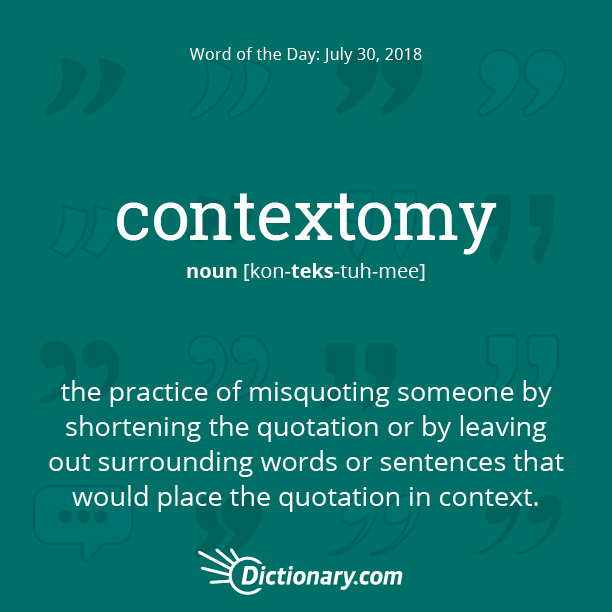

I was getting notifications on my phone every morning with the 'Word of the Day' from and my 10-year-old daughter would wander into my study, sit down at the piano, and say, 'Give me a word.' She would play an improvisation inspired by those words, which led me to decide to take some of the more unusual and evocative 'Words of the Day' as points of departure for my Trumpet Fantasy.” "Two little rituals became part of my daily life. Shivaree is a composition for solo trumpet and orchestra made up of 12 movements, each of which was written as a musical interpretation of different words discovered through our very own Word of the Day. Shivaree: Fantasy for Trumpet and Orchestra is the title of a piece of classical music by Steven Mackey, which receives its world premiere today, October 21, 2021, with the Los Angeles Philharmonic and conductor Gustavo Dudamel.

Verst was first recorded in English in the mid-1500s. Several Ancient Greek-origin terms, such as rhapsody (from rháptein “to stitch”) and rhombus (from rhémbein “to revolve”), also derive from the same root. By way of Latin, English has inherited terms such as diversion, introvert, versatile, versus, vertebra, and vertex (from vertere “to turn”) reverberate (from verber “whip”) and converge and diverge (from vergere “to be inclined”). This root is also found in words that figuratively indicate turning in a negative direction, such as awry, weird, worry, wrath, and wrong. The English suffix -ward (as in forward, inward, outward, and toward) is one such derivative, as are warp, worm, wrangle, wrap, wreath, wrench, wrestle, wring, wrinkle, wrist, and writhe. Vĭrsta derives from the Proto-Indo-European root wert- “to turn,” which is also the source of a profusion of words related to turning, twisting, and bending. Verst “a Russian measure of distance equivalent to 3,500 feet” is borrowed by way of either French or German from Russian verstá, from Old Russian vĭrsta “age measure of length.” Though these two definitions are rather different, their connection is measurement, whether of time or distance.


 0 kommentar(er)
0 kommentar(er)
